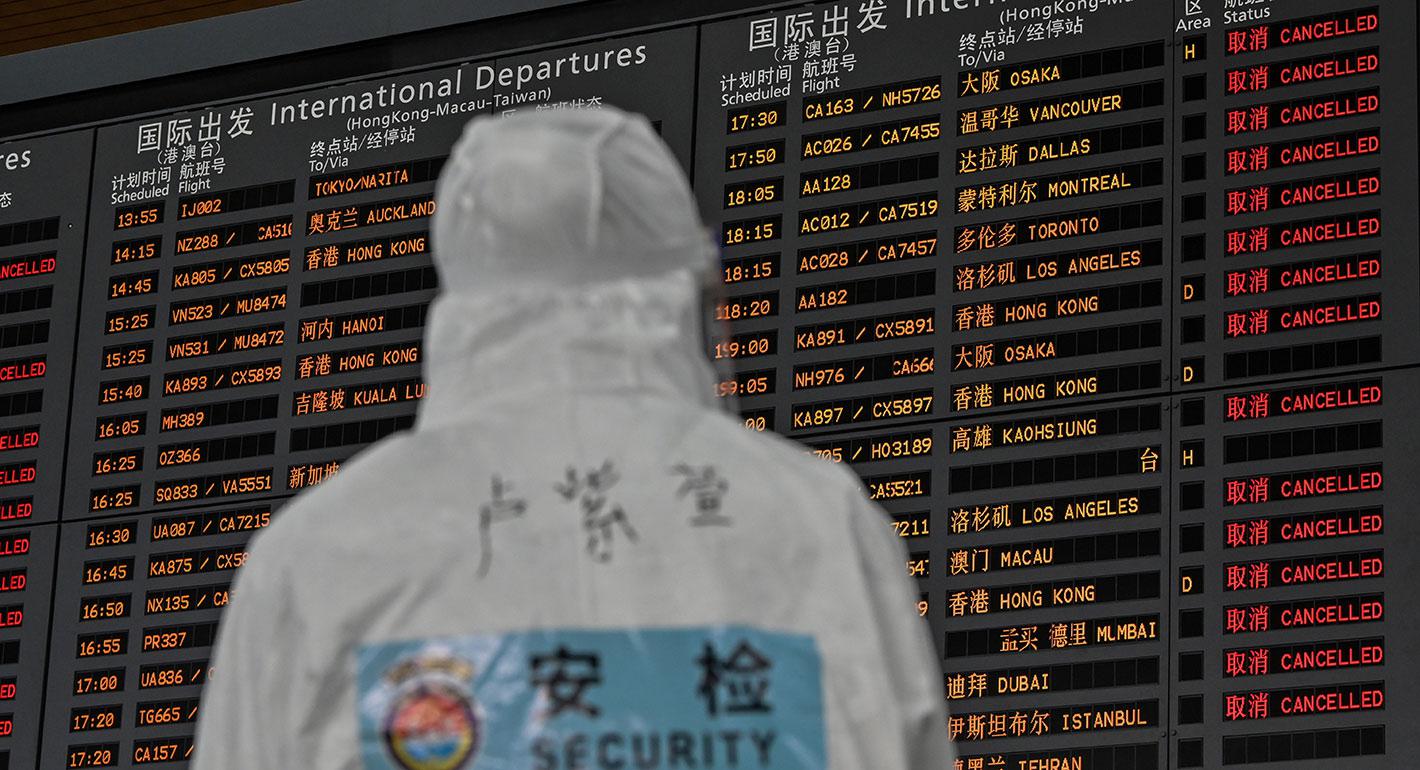Registration
You will receive an email confirming your registration.
The coronavirus pandemic has brought into sharp focus questions about the future of globalization. As nations around the world close their borders, halt international trade, and craft national responses to limit the spread of the disease, the current crisis has reinforced nationalist rhetoric on economic protectionism and anti-immigration. Nevertheless, the global spread of the pandemic has also underlined the need for greater international cooperation as countries pool efforts to develop medical countermeasures and extend assistance to the worst-hit regions. Is this really the end of globalization? In the face of this crisis, what role can digital assets, such as cryptocurrency, play in bolstering the global economy? Where does India stand at this testing time? What will the future of Sino-Indian relations look like in a post-COVID world?
We hosted a virtual discussion with Gautam Bambawale, C. Raja Mohan, and Rajesh Bansal, in which they examined the implications of this pandemic for globalization. This was moderated by Rudra Chaudhuri.
To submit a question for the event, please email carnegieindia@ceip.org. Participants may also submit their questions through the Q&A box in the Zoom webinar or the comments section on our YouTube livestream.
Speakers
C. Raja Mohan
C. Raja Mohan is the director of the Institute of South Asian Studies at the National University of Singapore.
Gautam Bambawale
Gautam Bambawale was the ambassador of India to China, Pakistan, and Bhutan.
Rajesh Bansal
Rajesh Bansal is a senior adviser at Carnegie India. He leads the center’s technology and society program.
Moderator
Rudra Chaudhuri
Rudra Chaudhuri is the director of Carnegie India. His primary research focuses on the diplomatic history of South Asia and contemporary security issues.
